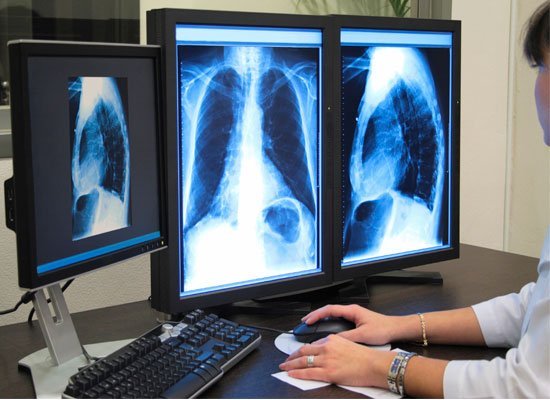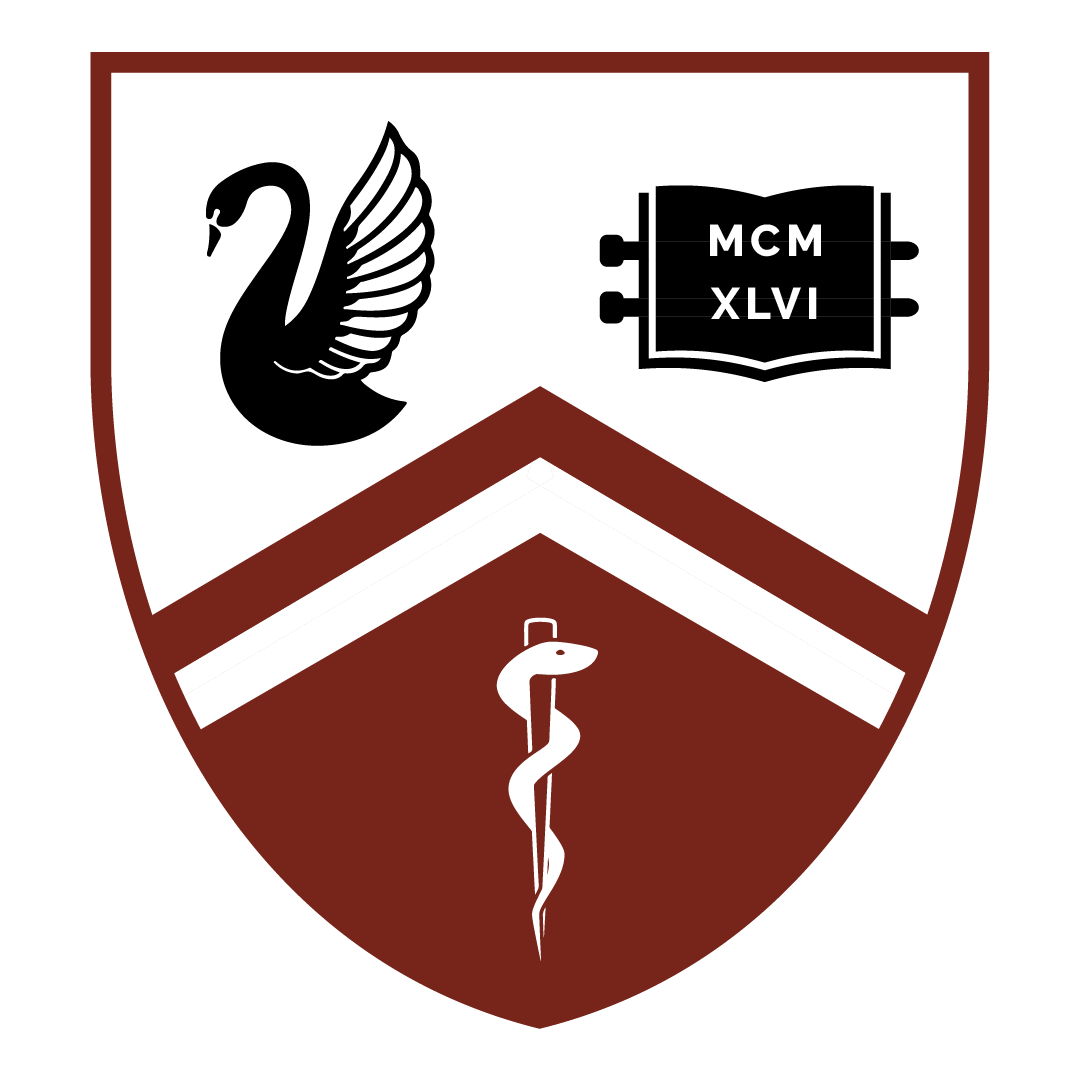Tips: How to Learn on the Wards
займы круглосуточно на карту без отказаThis article is part of WAMSS's MD2 Rotations Guide. Start with page one to check out our other useful tips in this series.
Note: The advice shown here may not reflect current Department of Health or UWA School of Medicine policies, particularly with changing public health developments. If you are ever unsure, you should always seek clarification from the UWA Medical School.
Have you gone through UWA MD2? We value your advice. Notice any errors? Get in touch at [email protected]
This document is not an official WAMSS policy document. For any questions or for more information, please contact [email protected]
Contents
Tips: How to Learn on the Wards
How to Learn on the Wards
- You’ll often feel like you aren’t getting good teaching. Unfortunately, that’s just the way clinical med goes, and it’s all about picking up the little pearls of wisdom along the way. You’ll be able to learn most theory yourself – the wards are for learning clinical skills, patient interaction, and how the theory is applied into a clinical setting.
The best way to get teaching is to have specific questions about things you don’t understand, and to read up on things first, so you’re not asking ‘stupid’ questions.
- Closer to exams practice cases will be your best friend. You can bring each other cases based on core presentations and make questions out of them. WAMSS drive has lots of really good textbooks with practice questions: Oxford Clinical Cases is the best!
- Ask your team what’s happening for the day and they can let you know what will be good to be around for. Learn HOW to find files: good places to start are nurses and allied health. Don’t forget the ward meds room.

- Finding someone to teach you. If you get a junior doctor who is happy to teach you in spare time exhaust that as much as possible.
- Depending on the rotation, reg is probably the best person to follow around bc they are the most knowledgeable and in charge of everything. However, the intern and RMO will be your friend and ask them any q’s.
Nurses are a great source for learning too! They can often be quite busy so be patient but they’re excellent especially for procedural questions / skills
- Be keen and willing to learn - as a medical student, this is your time to make (reasonable, non-life-threatening) mistakes! Try to cannulate people, try to suture, try to get amongst it and talk to your patients. There is nothing more rewarding than improving your own skill set!

- Don’t be afraid to ask questions (if they’re reasonable) - if you’re on a surgical rotation, and you’re asking anatomy questions, you’ll most likely get ripped to shreds by the consultant.
- Ask appropriate (in your own judgement) questions to the appropriate doctors (anatomy questions to the registrar, why not! specific questions about specific antibiotic use for a specific patient with specific clinical features/presentation to the consultant, why not!) and you’ll start to fill in the holes in your knowledge pretty quickly!
- You will see many things that don’t follow your own philosophies, but that’s okay - take the good and the bad and slowly (but surely), you’ll be a intern
Don’t be afraid to go to other wards after rounds, or have friends on other wards who can text you when there’s something interesting.
- Try and see a lot of variety; some people may be put on a sub-specialty team, which means on ward rounds you won’t see too much variety. If you don’t know anyone in your rotation group don’t stress you’ll get to know them well
- Use (all) the resources you have available. If you’re unsure which resources are available, ask your year reps or local WAMSS members for their learning resources. Targeted study with good resources saves you time, but if you like to make your own notes, then do that too (that’s what I did)!
Talk to Patients
- Even if it takes you a little longer, or doesn't "directly" contribute to your learning - have a quick chat with patients, get them an extra blanket/glass of water if they need, find out who they are outside of their disease - it makes it a lot easier for you to practice history taking / examinations / talking to people you wouldn't usually know how to talk to.
- Plus - it's such a fucking privilege to be with someone in their darkest hours - that is worth an extra five minutes.
Taking Histories
- Find a buddy student you can work with - take Hx, exams and get your buddy to assess you. Do this once each a day and you’ll become excellent.
Also, find three things a day you’ve seen clinically and read about it that arvo/night. You’ll remember it forever then!
- During ward rounds, identity patients who you think might be good to come back and take a history from or examine later. Once the team has finished with that patient, you can always just quickly ask the patient ‘hi I’m one of the students on the team, do you mind if I come back later to chat’
- See a patient a day. This is something that is not hard to do when you actively try (it literally can take 10 minutes) but will help you a lot in the long run. Also, if a patient has already seen multiple students, don’t go annoy them and ask to see them too! Some patients are too nice to say no, but also get exhausted by students.

Figuring out your Schedule
- Try to figure out your own schedule at the hospitals. If there’s nothing to do, don’t feel the need to stay (excuse yourself politely to your senior). I stayed at the hospital for long hours and have since realised I could have used that time a lot better (study / head home)
Time efficiency: Don’t get stuck at the hospital. Time does not equal learning. Clinical rotations are a game and time is your currency.
- Sometimes there can be too many students, and you can’t all fit inside the patient's room, you may only be able to actually see half the ward round each day, perhaps come up with a roster so you all get one day each at home. This reduces the student burden, and also is a good plan so there are still students in hospital everyday. This worked well because I found I needed to spend some time at home studying, in order to actually consolidate the things I had learned whilst in hospital.
- Be efficient - don’t go on endless coffee breaks. Often, because there are many students on each team, you don’t spend your time wisely. I went for lots of coffees and extended lunch breaks. This is good to do on the occasion because it’s good to make friends with fellow students as they’ll be fellow colleagues in the future, just don’t do it all day everyday.

- Learn a little bit each day so that you never need to properly study. Play around on the computers using iSOFT (investigation software) and IMPAX (imaging software), as this is the best way to learn on the job. Look at patient ECG’s when they have them (*you will need to learn the concepts behind ECG’s prior to looking at them). All of this practical info you don’t ever really sit down to learn, but a junior doctor will need to know them. Over the years, you absorb lots of the practical info (like what exactly is in a FBC, UEC or ABG test) so you never have to study them.
Get onto your procedural skill early and let the team know if you are trying to get something marked off.
- Don’t hang around placement for hours if nothing’s happening! Definitely go and see some patients, but once you’ve got enough out of the day, and asked the intern if there’s anything you can help with, go home
- Try and revise whatever topic you’re going into if you have time (eg- if you’re doing gastro for internal med read up on some of the common conditions or if you’re doing general surg revise anatomy of the abdomen
Continue to the next page
